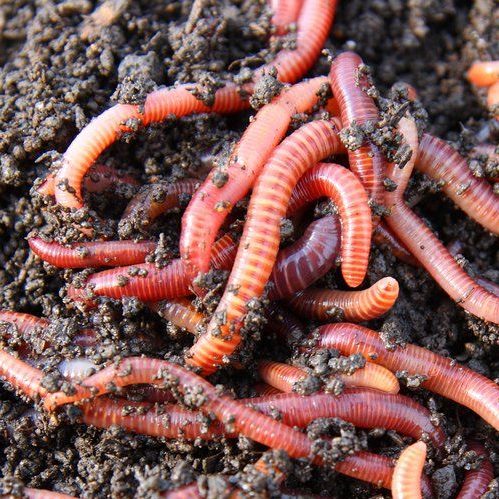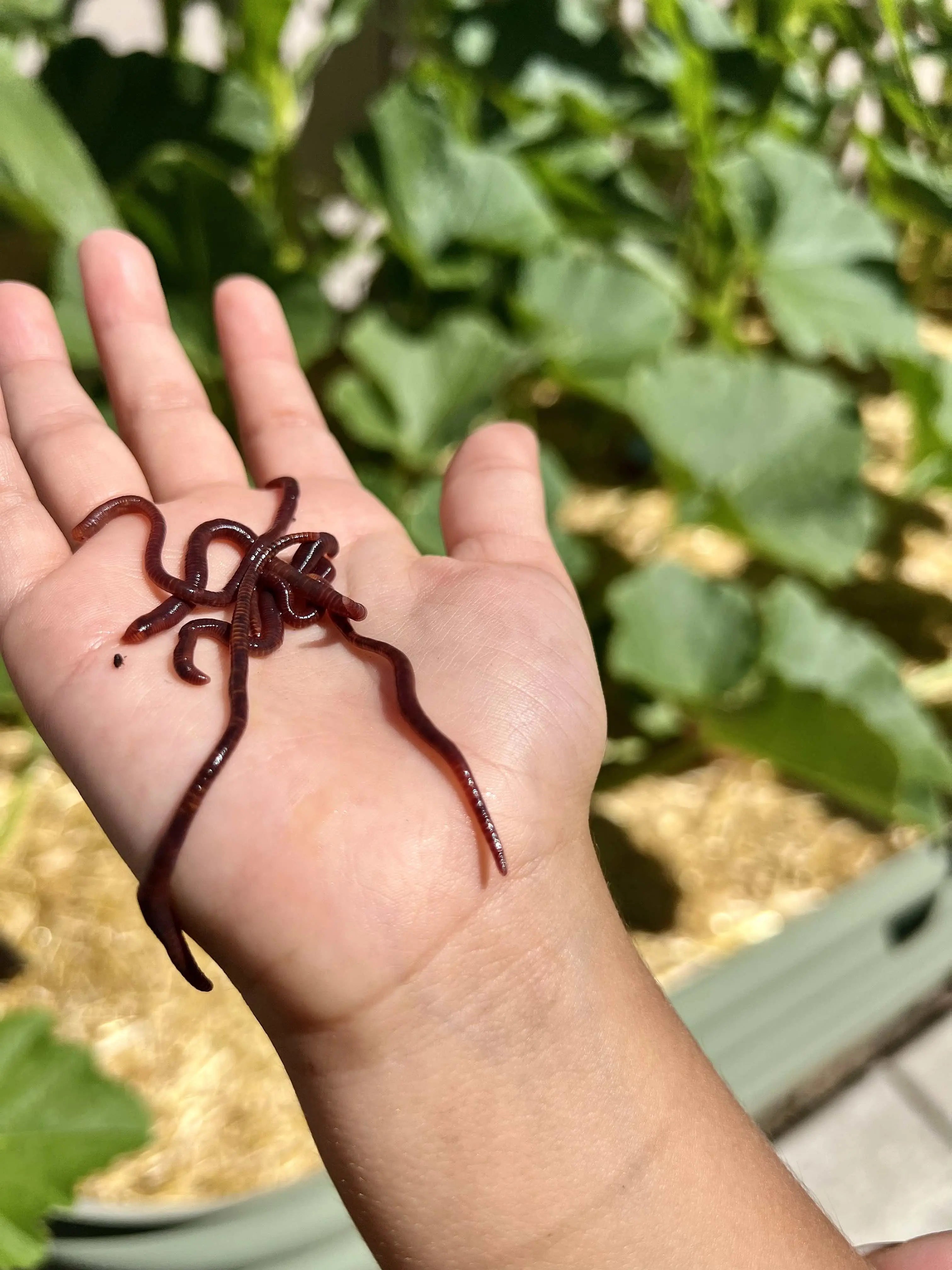Red Wigglers 101: Everything You Need to Know for Thriving Gardens
Red wigglers, or Eisenia fetida, play a crucial function in lasting horticulture techniques, serving as effective decomposers that convert natural waste into valuable vermicompost. Comprehending their environment, nutritional preferences, and the myriad benefits they offer can change your gardening strategy.
Recognizing Red Wigglers

Red wigglers prosper in settings rich in organic material and moisture. Red Wiggler Express. They have a special digestive system that enables them to refine food scraps quickly, eliminating spreadings that are loaded with crucial nutrients such as nitrogen, phosphorus, and potassium. These castings boost soil framework, enhance water retention, and foster helpful microbial task, every one of which contribute to durable plant health and wellness
In addition, red wigglers can make it through in diverse conditions, making them versatile to different horticulture methods, consisting of interior and outdoor composting systems. Their capability to consume huge quantities of natural waste daily placements them as important allies for both home gardeners and business cultivators. By including red wigglers into gardening efforts, one can significantly improve soil fertility and support lasting horticulture practices.
Perfect Habitat for Red Wigglers
Producing an optimal environment for red wigglers is vital for maximizing their composting capabilities and general wellness. Red wigglers grow in moist, dark, and well-aerated environments, which carefully resemble their natural surroundings in leaf trash and decaying natural issue. A suitable environment must give a temperature range between 55 ° F and 77 ° F(13 ° C to 25 ° C), as severe temperatures can stress or harm the worms.
The bed linen material, such as shredded newspaper, cardboard, or coconut coir, should be maintained wet but not excessively wet, as too much dampness can result in anaerobic conditions damaging to worm health and wellness. In addition, a pH level in between 6.0 and 7.5 is excellent, making certain a well balanced environment.
Proper aeration is equally important; it allows for oxygen blood circulation and protects against the build-up of hazardous gases. A container or container designed for vermicomposting should have drain holes to remove excess moisture and advertise air flow. Normal monitoring of these problems is important for preserving a growing red wiggler population, ultimately boosting their effectiveness in damaging down organic waste and improving garden soil.
Dietary Needs and Preferences

Red wigglers show certain choices; they are specifically fond of softer, disintegrating materials over more challenging or even more fibrous materials. It is important to prevent feeding them citrus peels, onion, and garlic in huge quantities, as these can be damaging. Furthermore, meat, dairy products, and oily foods ought to be left out, as they can attract insects and create unpleasant smells.
Advantages of Utilizing Red Wigglers
The exceptional benefits of utilizing red wigglers in gardening expand much past their duty in composting. These versatile additional reading organisms add considerably to dirt health and wellness, boosting vitamins and mineral schedule and advertising microbial activity. By freshening the dirt as they tunnel, red wigglers enhance drainage and origin penetration, producing an ideal environment for plant development.
In addition, red wigglers are reliable recyclers of organic waste, converting it into nutrient-rich castings that work as an excellent all-natural fertilizer. These spreadings contain beneficial bacteria and vital nutrients, such as nitrogen, phosphorus, and potassium, which are vital for plant growth. The slow-moving launch of nutrients from worm castings ensures a constant supply, reducing the threat of nutrient leaching and promoting lasting gardening practices.
Using red wigglers cultivates a more lasting horticulture technique by reducing reliance on chemical plant foods and promoting a closed-loop system, where waste is changed right into important resources. Overall, incorporating red wigglers right into horticulture methods provides a plethora of eco-friendly and farming advantages.
Composting With Red Wigglers

To launch a successful vermicomposting system, choose an appropriate container with correct air flow and drainage. The optimal setting for red wigglers consists of a wet, dark setup with temperatures between 55 ° F and 77 ° F. Begin by layering shredded paper, cardboard, and food scraps, guaranteeing a balanced mix of carbon and nitrogen-rich products.
Red wigglers grow on veggie peels, fruit scraps, coffee grounds, and eggshells, while staying clear of meat, dairy, and oily foods that can attract insects. Regularly keep track of dampness degrees; the bed linens should be moist however not soaked. Harvest worm spreadings every couple of months by dividing the worms from the garden compost, which can after that be used straight in yards or kept for later usage.
Applying vermicomposting not only reduces landfill waste yet also enhances yard soil, advertising healthy and balanced plant growth and lasting gardening techniques. Welcome this green approach to improve your horticulture undertakings.
Verdict
In summary, red wigglers are important organisms for enhancing garden productivity via effective composting. By using red wigglers, gardeners can considerably improve dirt top quality and nutrient accessibility, promoting healthier plant growth.
Comments on “Use Lake Hickory Bait for Remarkable Lawn Health and Gorgeous Greens”